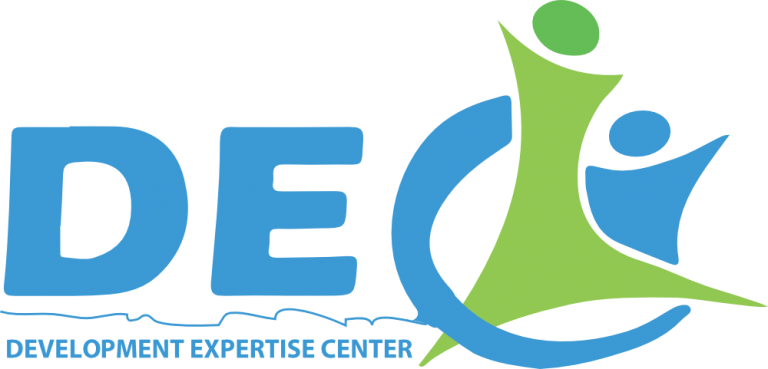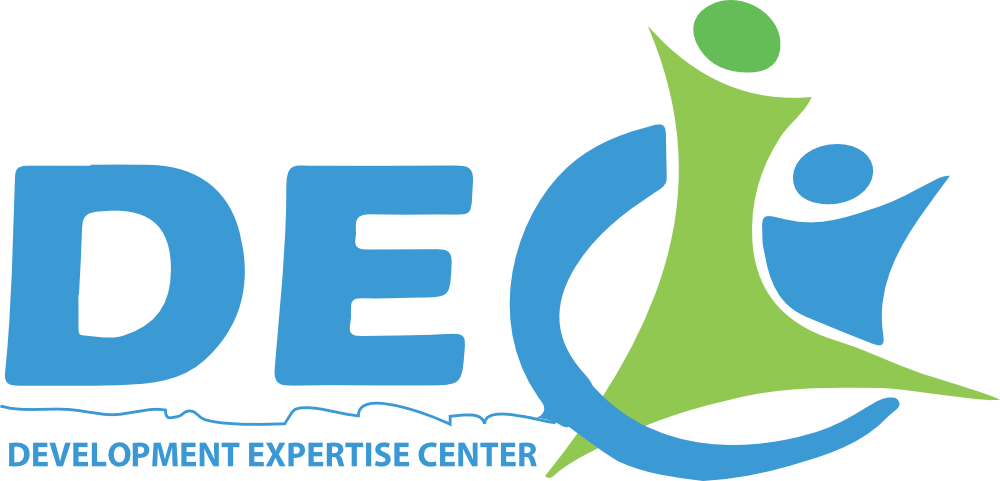- Version
- Download 2
- File Size 1.35 MB
- File Count 1
- Create Date October 12, 2020
- Last Updated October 16, 2020

+251-1161-891-84/85
info@decethiopia.org
Shola Road, Addis Ababa, Ethiopia

+251-1161-891-84/85
info@decethiopia.org
Shola Road, Addis Ababa
© 2022 Development Enterprise Center. All rights reserved.
